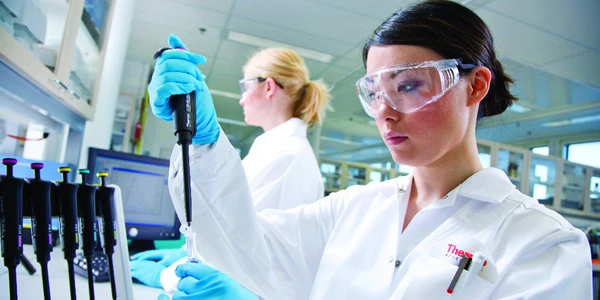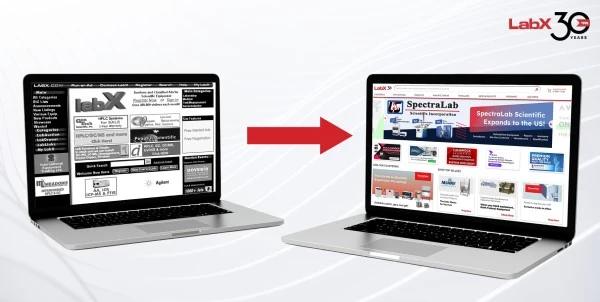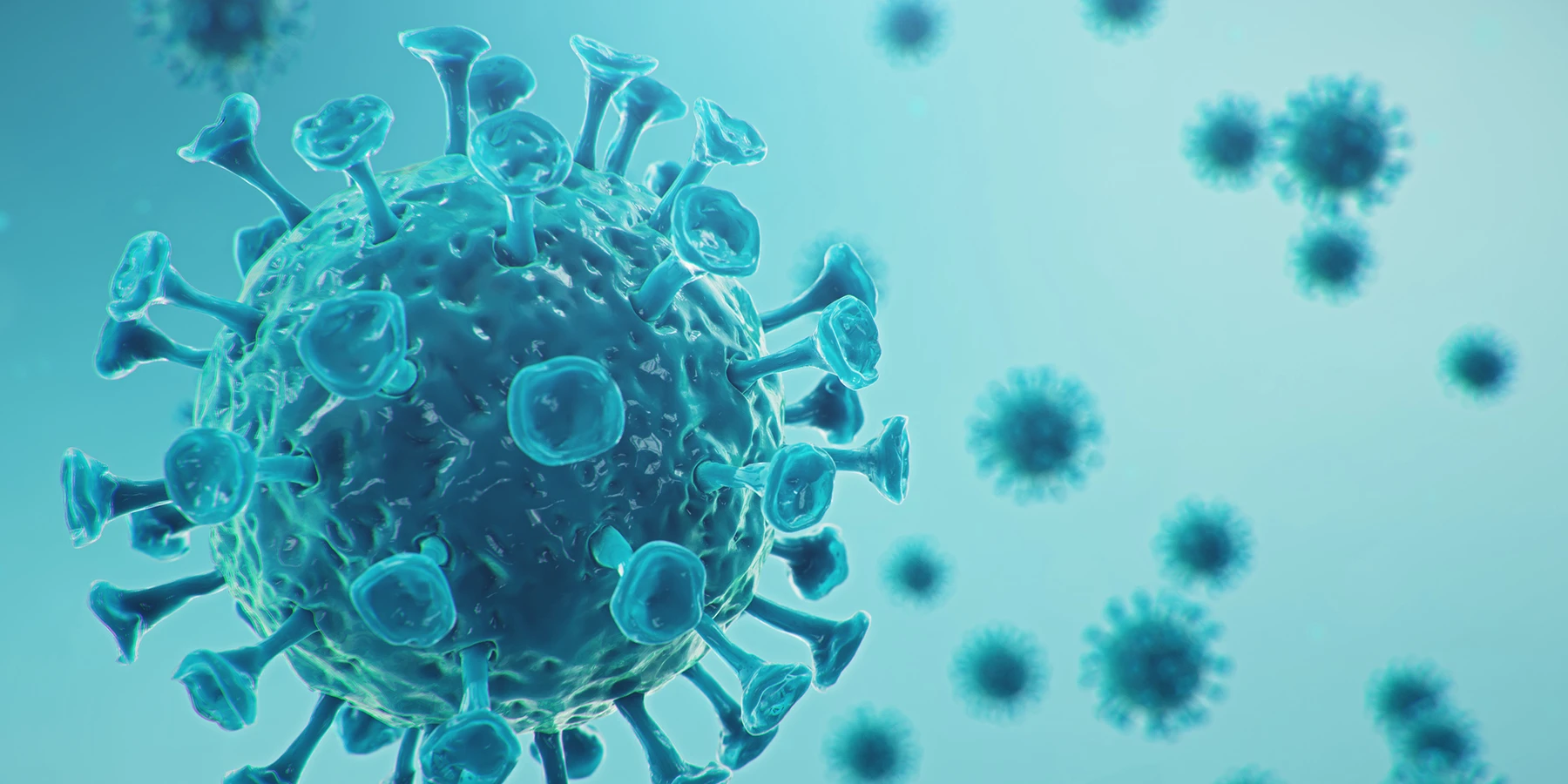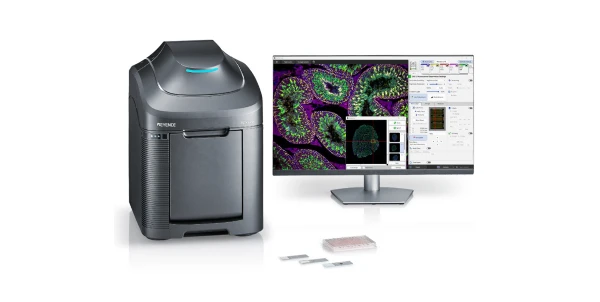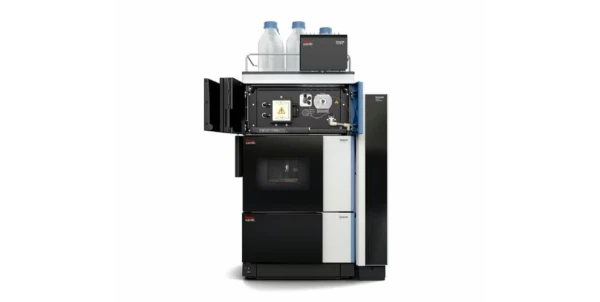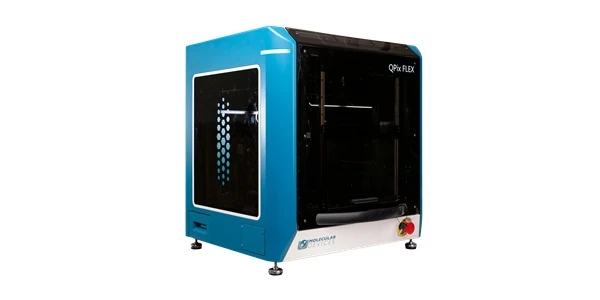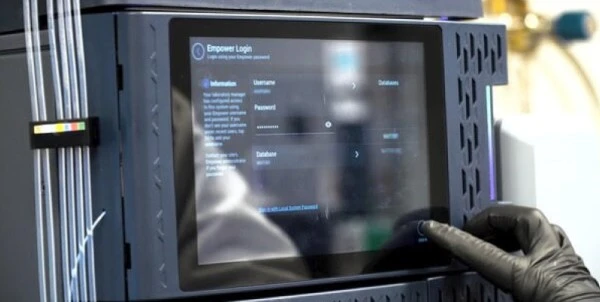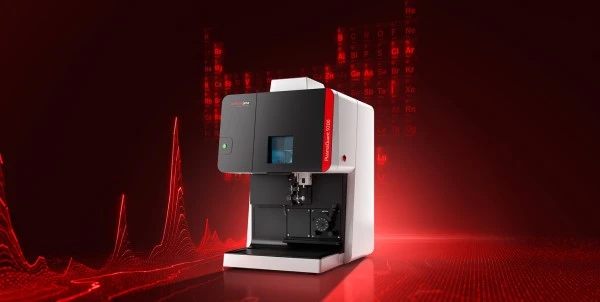The Best Evaporators and Concentrators: A Buyer's Review of Price and Features
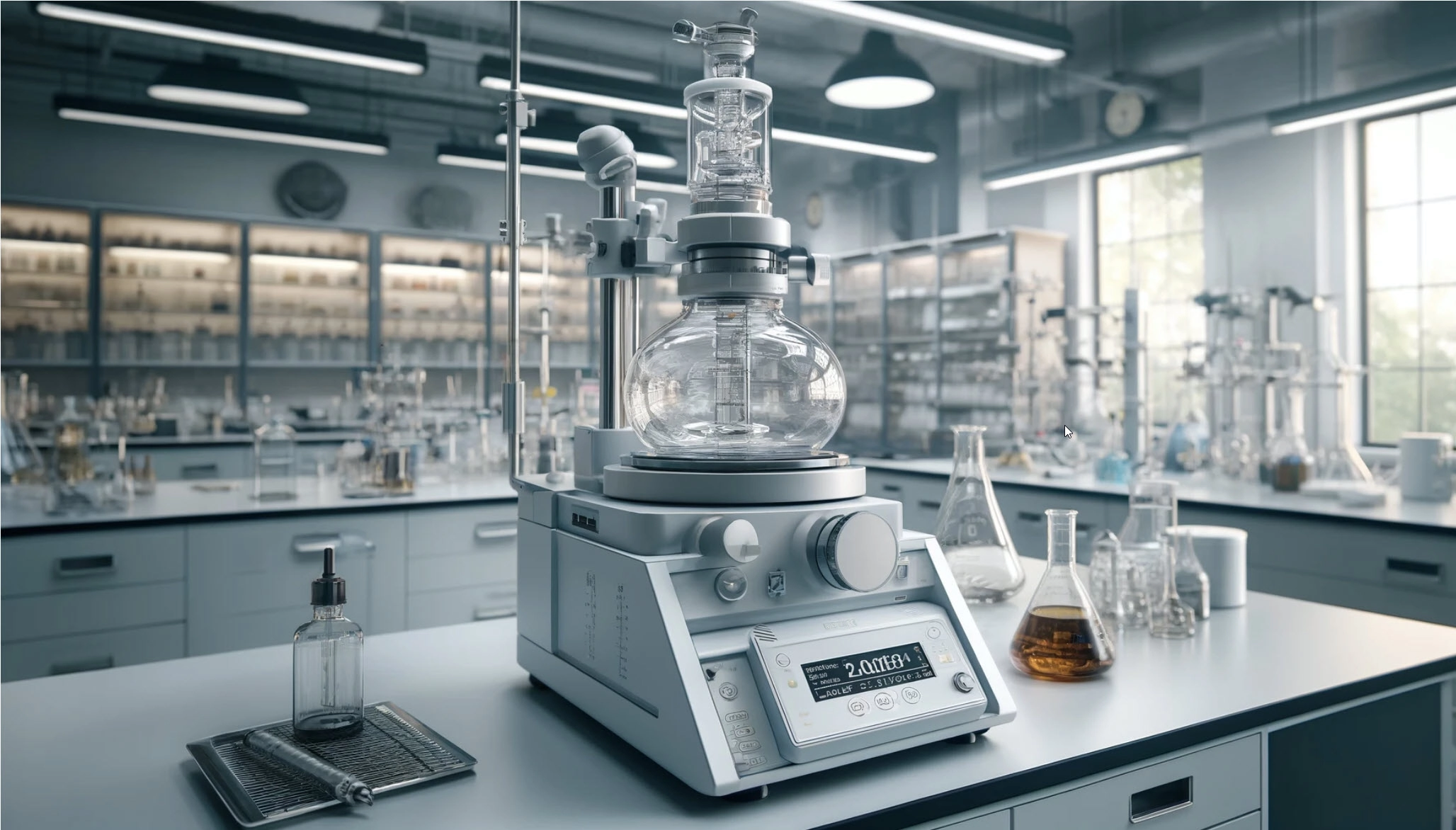
There are Many Options to Consider to Ensure You are Getting the Best Evaporator or Concentrator for the Best Price
Choosing the right evaporator or concentrator is crucial for achieving efficient and reliable sample preparation in your laboratory. These instruments are essential for concentrating samples, removing solvents, and preparing analytes for further analysis. This guide provides an overview of different types of evaporators and concentrators, their technical specifications, and key features to consider, helping you balance price and performance in your selection.
Types of Evaporators/Concentrators
1. Rotary Evaporators
Rotary evaporators, commonly known as rotavaps, use a rotating flask to increase the surface area for evaporation and a vacuum system to lower the boiling points of solvents. They are ideal for gentle and efficient solvent removal in applications such as organic synthesis, pharmaceuticals, and chemical research.
2. Centrifugal Evaporators
Centrifugal evaporators combine centrifugal force with vacuum and heat to evaporate solvents quickly and efficiently. These systems are suitable for high-throughput laboratories and are used in applications such as drug discovery, environmental analysis, and genomics.
3. Nitrogen Blowdown Evaporators
Nitrogen blowdown evaporators use a stream of nitrogen gas to evaporate solvents from sample tubes or vials. They are ideal for concentrating small volumes of samples and are widely used in fields such as environmental testing, food safety, and clinical research.
4. Freeze Dryers (Lyophilizers)
Freeze dryers remove water from samples by sublimation, turning ice directly into vapor under low temperature and vacuum conditions. They are essential for preserving biological samples, pharmaceuticals, and food products. Lyophilization ensures long-term stability and integrity of sensitive samples.
5. Vacuum Concentrators
Vacuum concentrators use a combination of vacuum, heat, and sometimes centrifugal force to remove solvents. These systems are versatile and suitable for concentrating samples without the risk of thermal degradation. They are commonly used in molecular biology, proteomics, and analytical chemistry.
Key Features to Consider When Buying Evaporators/Concentrators
1. Capacity and Throughput
Consider the capacity of the evaporator or concentrator, including the number of samples it can process simultaneously and the volume of each sample. High-throughput systems are beneficial for laboratories handling large sample volumes.
2. Solvent Compatibility
Ensure the system is compatible with the solvents you use. Different solvents have varying boiling points and chemical properties, and the system should be able to handle them safely and efficiently without corrosion or damage.
3. Temperature Control
Accurate temperature control is crucial for preventing sample degradation and achieving efficient evaporation. Look for systems with precise temperature regulation and the ability to handle a wide range of temperatures.
4. Speed and Efficiency
Evaluate the speed and efficiency of the system. Faster evaporation and concentration times can increase laboratory productivity. Systems with advanced vacuum technology, efficient heat transfer, and optimized airflow offer better performance.
5. Ease of Use and Maintenance
User-friendly interfaces and straightforward operation are important for minimizing training time and ensuring consistent results. Consider systems that are easy to clean, maintain, and have accessible components for routine maintenance.
6. Safety Features
Safety features such as over-temperature protection, solvent recovery systems, and secure sealing mechanisms are essential for protecting both the user and the samples. Ensure the system meets safety standards and has robust safety features.
Laboratory Evaporator/Concentrator Price Guide
- Rotary Evaporators: $2,000 - $15,000
- Centrifugal Evaporators: $5,000 - $30,000
- Nitrogen Blowdown Evaporators: $1,000 - $10,000
- Freeze Dryers (Lyophilizers): $10,000 - $50,000
- Vacuum Concentrators: $3,000 - $20,000
Evaporator and Concentrator Pricing for New, Used, and Refurbished Equipment on LabX.com
|
Model |
Type |
Price |
|
Rotary Evaporator |
$550.00 (used) |
|
|
Nitrogen Evaporator |
$850.00 (used) |
|
|
Rotary Evaporator |
$1,475.00 (used) |
|
|
Evaporating System |
$10,999.00 (used) |
|
|
Rotary Evaporator |
$1,695.00 (used) |
|
|
Blowdown Evaporator |
Please Inquire (new) |
|
|
Microplate Evaporator |
$4,500.00 (used) |
|
|
Evaporator System |
$24,995.00 (used) |
|
|
SpeedVac Plus Vacuum Concentrator |
$1,395.00 (refurbished) |
|
|
SpeedVac Concentrator |
$4,395.00 (refurbished) |
|
|
Rotary Evaporator System |
$2,999.00 - $5,950.00 (refurbished) |
|
|
Nitrogen Evaporator |
$6,740.00 (new) |
View all Evaporator and Concentrator Listings on LabX.com
